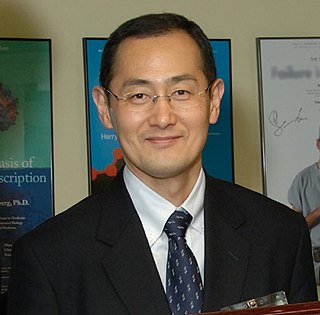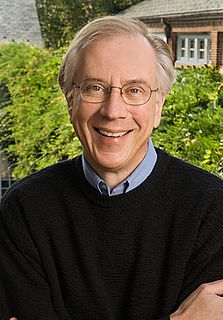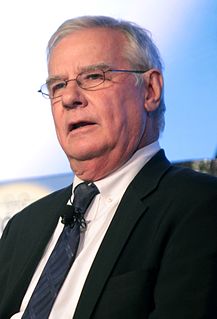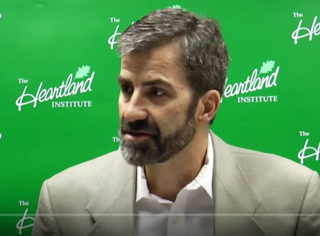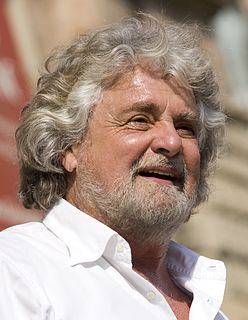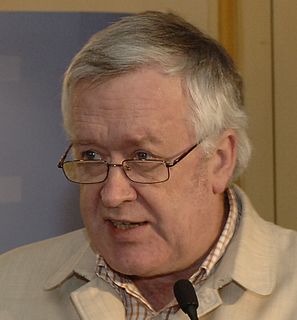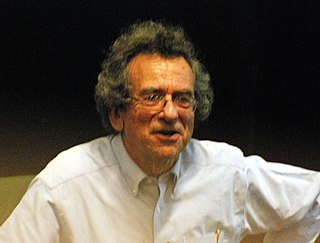A Quote by Shinya Yamanaka
Researchers should always consider ethical concerns on scientific research and disclose their data to the public. Scientists also need to discuss issues surrounding their research with those who are concerned.
Related Quotes
The technological overflow from scientific research has brought scientific research this bad name about carrying an irresponsibility and an alienation from God - because scientific research has led to things like the atom bomb, it's led to problems with depletion of ozone in the Earth's atmosphere, or at least it's revealed those problems.
The conference also has a moral duty to examine the corruption of science that can be caused by massive amounts of money. The United States has disbursed tens of billions of dollars to climate scientists who would not have received those funds had their research shown climate change to be beneficial or even modest in its effects. Are these scientists being tempted by money? And are the very, very few climate scientists whose research is supported by industry somehow less virtuous?
The scientists Heartland works with demanded we host a ninth conference this year to foster a much-needed frank, honest, and open discussion of the current state of climate science and we just couldn't refuse. The public, the press, and the scientific community will all benefit from learning about the latest research and observational data that indicate climate science is anything but 'settled.
...a vocal minority of scientists so mistrusts the models and the complex fragmentary data, that some claim that global warming is a hoax. They have made public statements accusing other scientists of deliberate fraud in aid of their research funding. Both sides are now hurling personal epithets at each other, a very bad development in Earth sciences.
We sometimes talk as if "original research" were a peculiar prerogative of scientists or at least of advanced students. But all thinking is research, and all research is native, original, with him who carries it on, even if everybody else in the world already is sure of what he is still looking for.
coincident with the explosive growth of research, the art of writing science suffered a grave setback, and the stultifying convention descended that the best scientific prose should sound like a non-human author addressing a mechanical reader. ... We injure ourselves when we fail to make our discipline as clear and vibrant as we can to students - prospective scientists - and to the public who pay the taxes.
